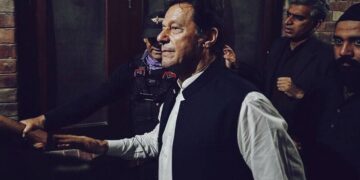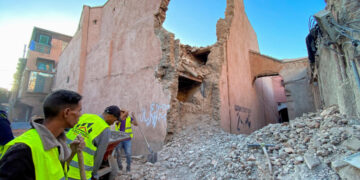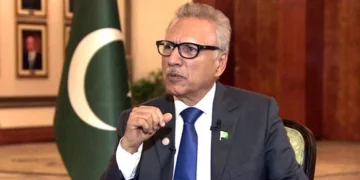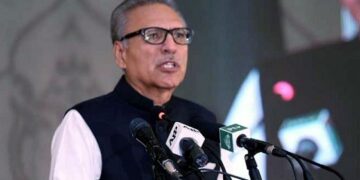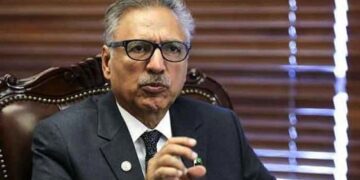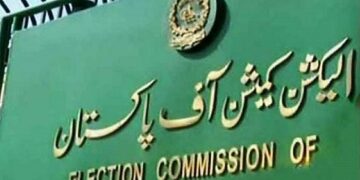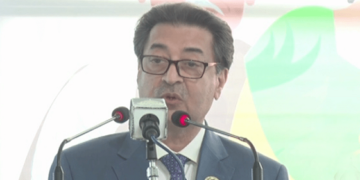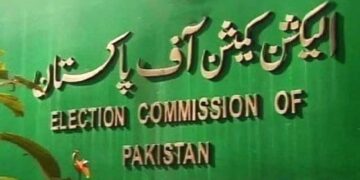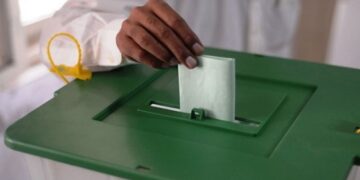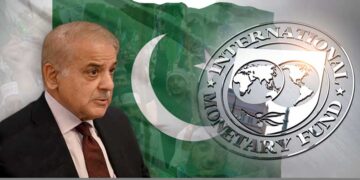
Is Forex Trading Halal or Haram? Understanding the Islamic Perspective
The world of finance has undergone significant transformation with the advent of technology, giving rise to various trading platforms and financial instruments. One area that particularly captivates both traders and scholars alike is Forex trading. Known as foreign exchange trading, it involves exchanging one currency for another and operates on a global scale, attracting millions of participants. However, for many Muslims, the question arises: is Forex trading halal (permissible) or haram (forbidden) according to Islamic law? In this article, we will explore the intricacies behind Forex trading from an Islamic viewpoint, drawing from relevant Sharia principles and guidelines, with an insightful look into different interpretations. For more detailed information on Forex trading, you can refer to forex trading halal or haram https://trading-terminal.com/.
The Basics of Forex Trading
Forex trading involves buying one currency while simultaneously selling another. The market is decentralized, operating 24 hours a day, five days a week, with various participants, including banks, financial institutions, retail traders, and businesses. The primary aim of Forex trading is to profit from fluctuations in currency exchange rates. Traders employ various strategies and tools to analyze market trends, making decisions based on economic indicators, geopolitical events, and technical analysis.
Understanding Halal and Haram
In Islamic finance, the concepts of halal and haram dictate what is permissible and forbidden for Muslims. Halal refers to actions and practices that are allowed according to Islamic law, while haram encompasses those that are prohibited. The determinants of halal and haram are derived from the Quran, Hadith (sayings and actions of Prophet Muhammad), and the interpretations of Islamic scholars.
Forex Trading: A Sharia Perspective
The discussion surrounding the permissibility of Forex trading is nuanced and often complex. Aspects of Forex trading that must be considered include:
- Riba (Usury): Riba is the concept of earning undue profit, typically associated with the charging of interest. Islamic law prohibits any form of interest, and some scholars argue that Forex trading can involve riba through leverage and overnight financing.
- Gharar (Uncertainty): Gharar refers to excessive uncertainty and ambiguity in contracts. Forex trading can be seen as inherently uncertain due to market volatility, which raises concerns about whether such trading falls into the category of gharar.
- Speculation: Many Forex trades are based on speculation rather than actual currency needs. Islamic finance discourages speculation, as it may be seen as gambling, which is categorically haram.
Arguments for Halal Forex Trading
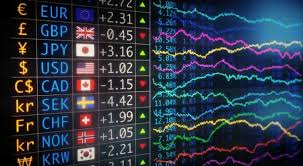
Proponents of Forex trading argue that, under certain conditions, it can be considered halal:
- Real Economic Activity: Advocates suggest that Forex trading can facilitate real economic activities, enabling businesses to hedge against currency risk and stimulating trade.
- Immediate Exchange: If trades are conducted with immediate exchange of currencies and no leverage is used, it aligns with Islamic principles.
- Non-Speculative Approach: Forex trading that is conducted as a legitimate business activity rather than mere speculation is often seen as permissible.
Arguments Against Forex Trading
Conversely, critics cite several reasons why Forex trading can be deemed haram:
- Inherent Speculation: Many participants engage in Forex trading primarily for speculative purposes, which can be equated to gambling.
- Riba in Leveraged Trading: The use of leverage may result in transactions categorized as riba, contradicting Islamic financial principles.
- Lack of Real Asset Backing: Since currencies are traded without tangible assets backing them, some scholars argue that transactions lack intrinsic value.
Seeking Guidance from Scholars
Given the complexity of the topic, many Muslims turn to knowledgeable scholars and Islamic finance professionals for guidance. Different schools of thought within Islam may offer varying interpretations of the permissibility of Forex trading. Furthermore, as the financial landscape evolves, so too may the opinions surrounding its halal status.
Conclusion
The question of whether Forex trading is halal or haram does not have a universally accepted answer. It largely depends on individual beliefs, interpretations of Islamic law, and personal financial goals. For Muslims interested in Forex trading, it is essential to conduct thorough research, consult with knowledgeable scholars, and consider adopting a conscious approach to trading that aligns with Sharia principles.
Ultimately, Forex trading can serve as a legitimate financial avenue when approached with diligence and adherence to Islamic ethics. Navigating the Forex market requires a commitment to understanding the underlying principles and being mindful of the implications of every trading decision.
style=”display:none;”>









